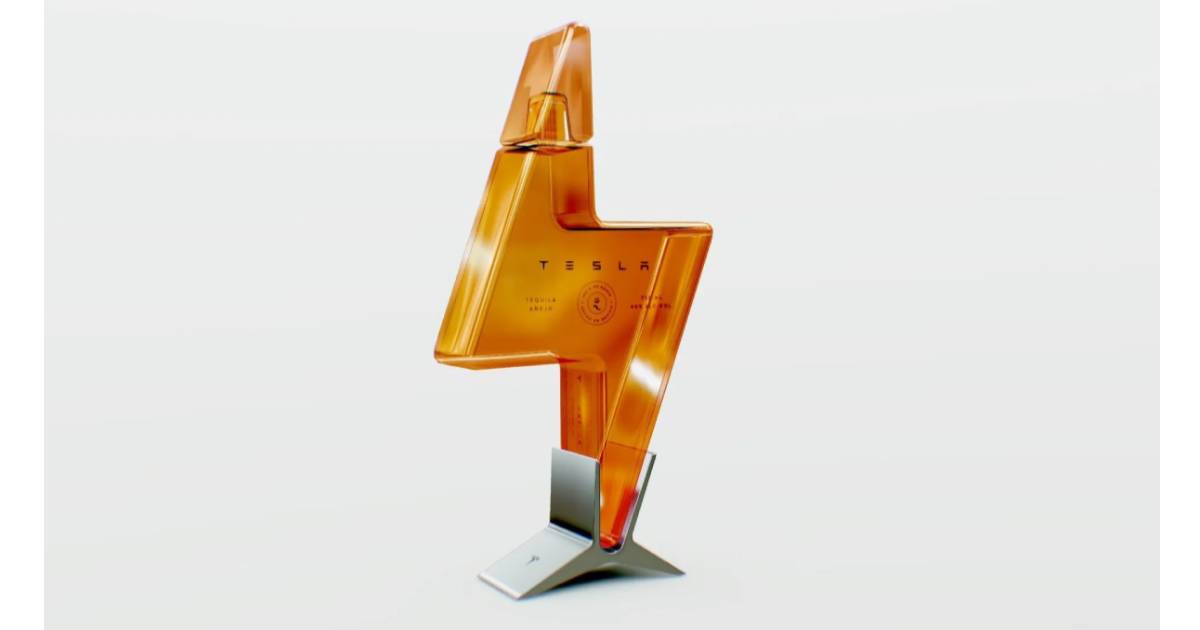
Auto Brands Drive Expansion in Licensing
Automotive brands will carry a high profile at Brand Licensing Europe, driven by a focus on entertainment as much as mileage and handling.
It’s not that the auto brands are new to licensing—many of them boast long histories of outbound programs (especially the luxury labels). Rather, it’s their emergence in categories well outside their core businesses that’s providing fodder for expansion.
For example, Ferrari licensee PortAventura operates Ferrari Land outside Barcelona, Spain, which is replete with rides and a merchandise store. And that is in addition to Ferrari restaurants that can be found throughout Spain. Then there’s Audi’s charging hubs that launched in Nuremburg, Germany late last year and are expected to add locations in Zurich, Switzerland; Salzburg, Austria; and Berlin, Germany.
Bentley, which hired Beanstalk to represent it earlier this year, has a residential tower in Miami and a Bentley House chalet complex in Austria. And video games continue to be a prime target for automotive licensing—Sony’s Grand Turismo features more than 100 brands and Volvo signed an agreement earlier this year with Fortnite developer Epic Games to deploy its Unreal Engine development platform in future vehicles.
And while these deals target luxury brands, Ford hired CAA Brand Management to represent the brand, adding to a CAA roster that also includes Jaguar Land Rover, McClaren Automotive, and Formula 1.
“When you look at the entertainment industry, they have been doing licensing for more than 50 years and it was considered a normal part of the business,” said Florian Pitout, brand activation manager for Groupe Renault’s Dacia brand. “Some of auto industry was really focusing on their core business but now they are realizing they have developed a brand value that’s strong go enought to go into different categories using the licensing business model. It will be interesting to see in 10 years how many have succeeded.”
One category that is expected to see added push in the coming years in advertising and brand licensing is electric vehicles. For the time being, with the exception of Tesla—which has licensed its brand in categories ranging from collectibles to tequila—most automakers are promoting battery-powered as a feature and focusing on the core car brand rather than the technology, industry executives said.
But that could change as countries move to bar gas- and diesel-powered vehicles. In the UK, those vehicles will be banned by 2030, although plug-in hybrid vehicles will permitted until 2035. And General Motors launched a U.S. television advertising campaign during National Football League games this month promoting its 2023 electric vehicle brands including Bolt, Equinox, Blazer, and Silverado.
“Right now, licensing is focused on the vehicle brand, not the model or the features because it always appealing to license the overall brand, but that could change,” Pitout said. “EV is going to be the future and, in many European markets, much of the advertising is for a brand’s electric version with manufacturers being encouraged to promote that feature—especially with many countries banning gas- and diesel-powered vehicles.”

















